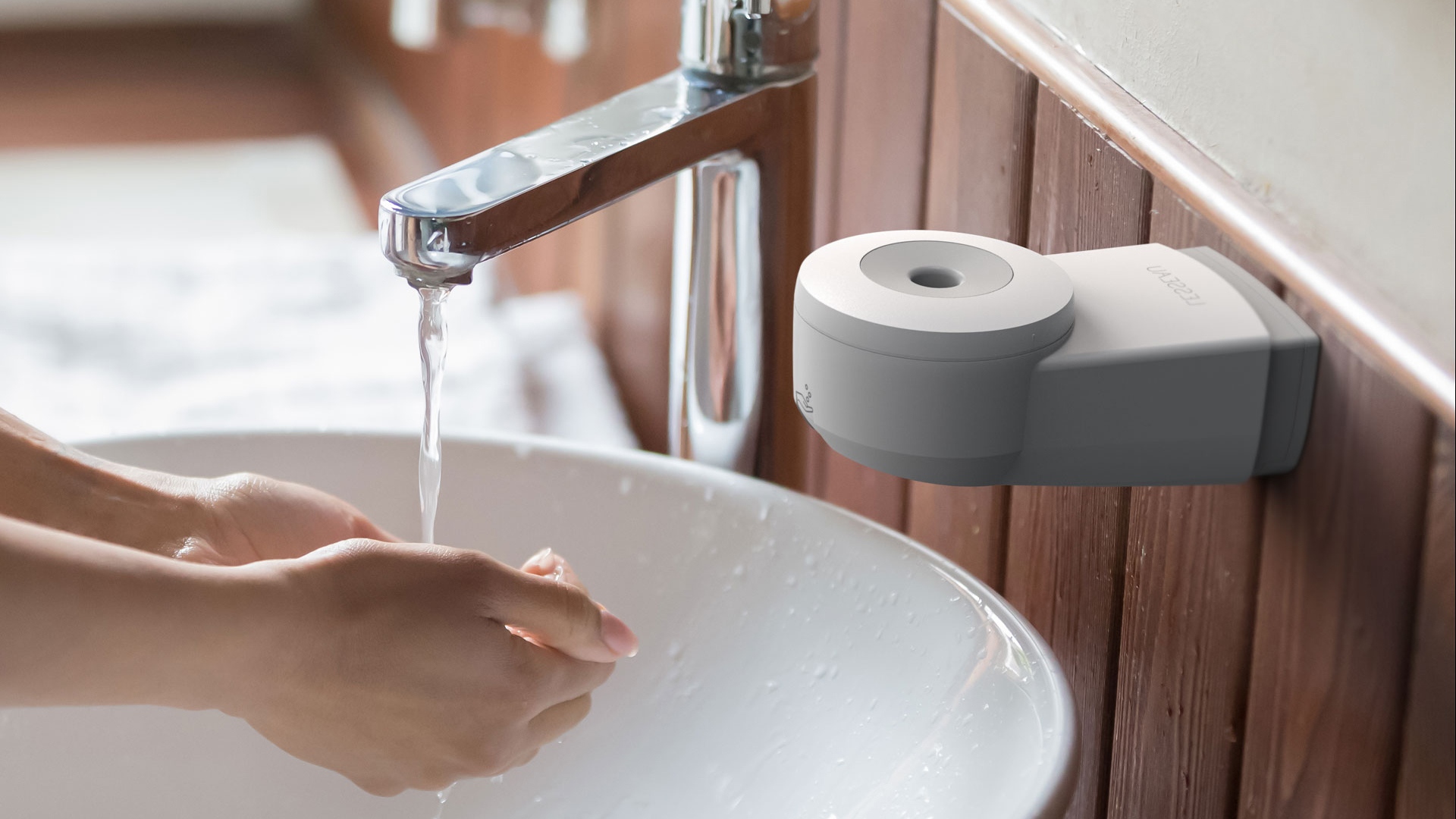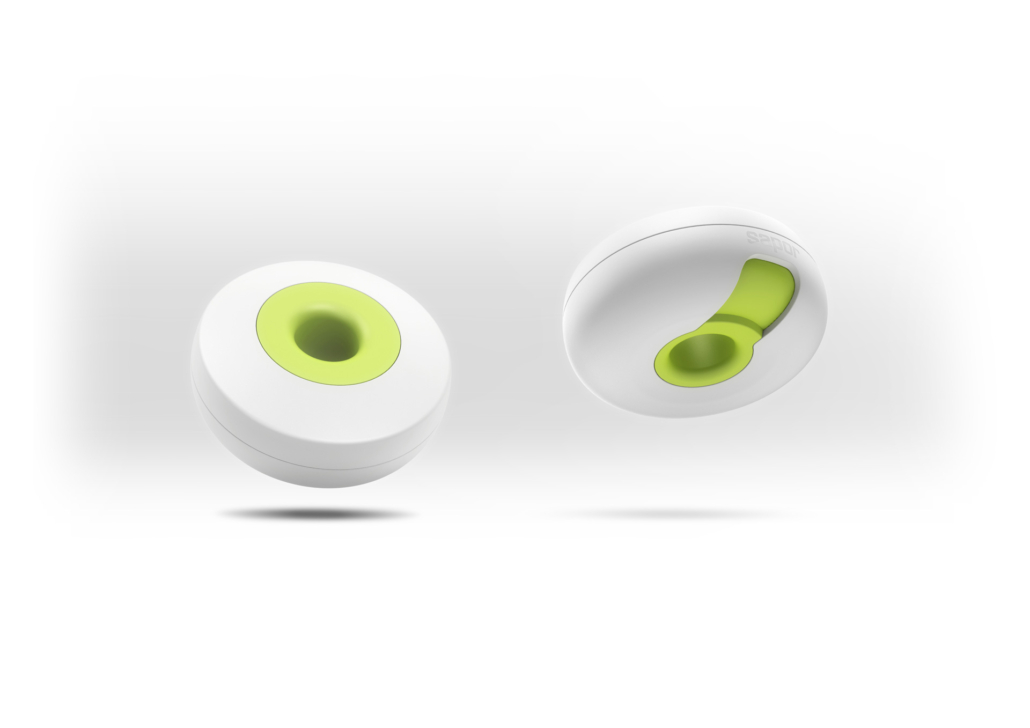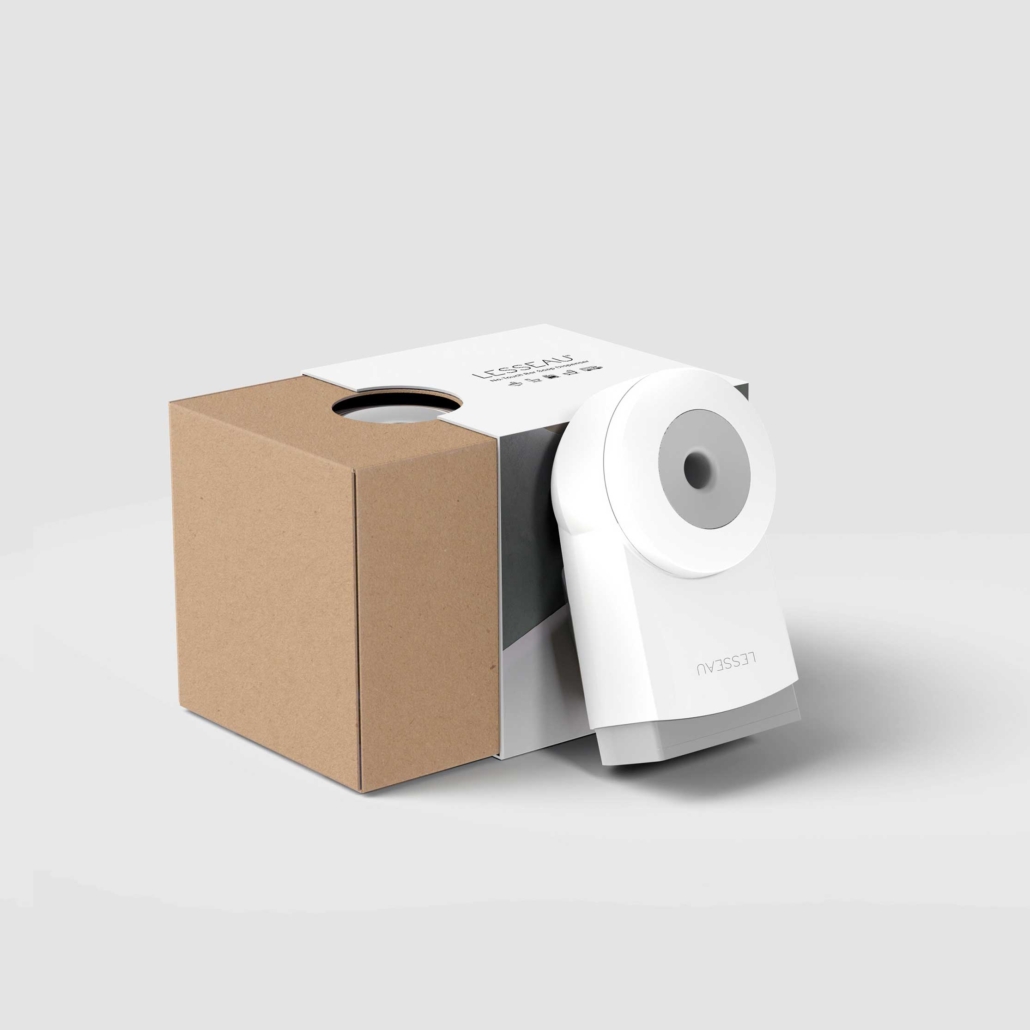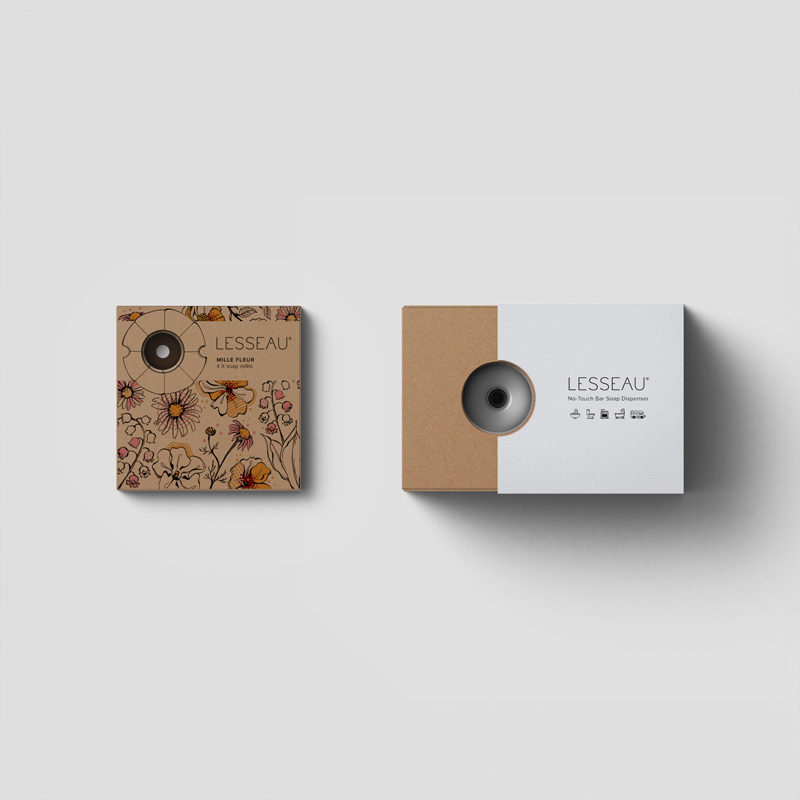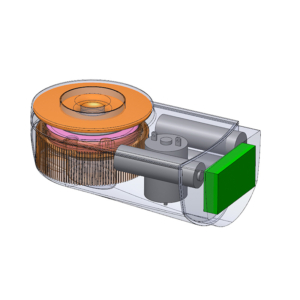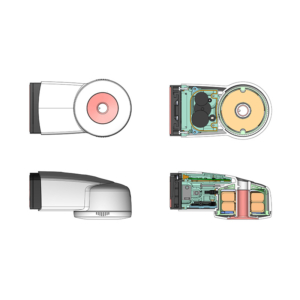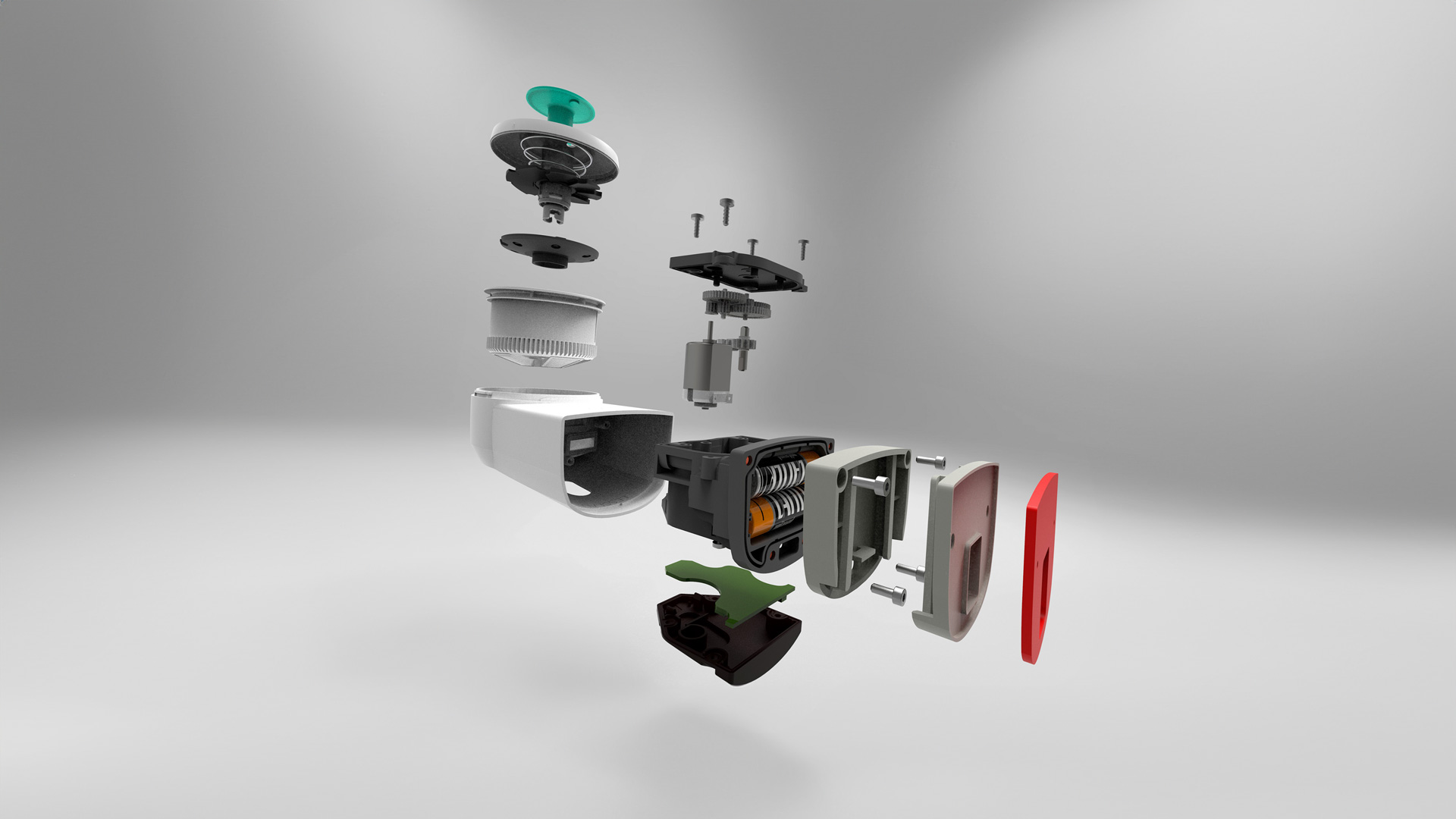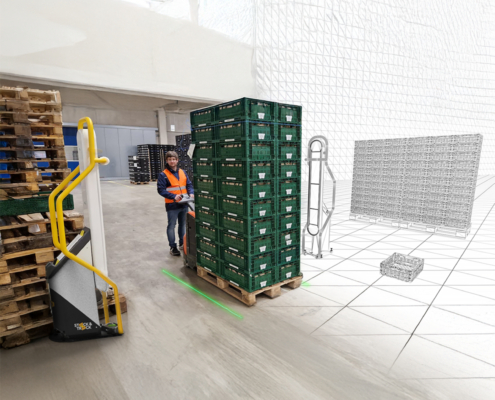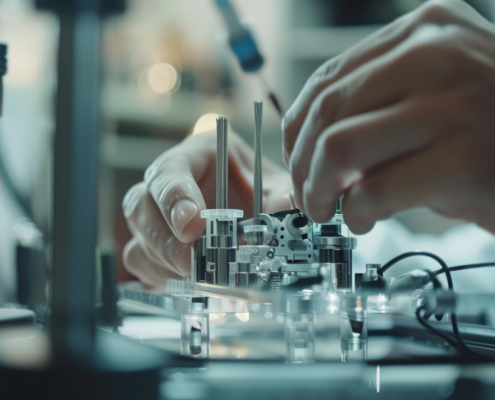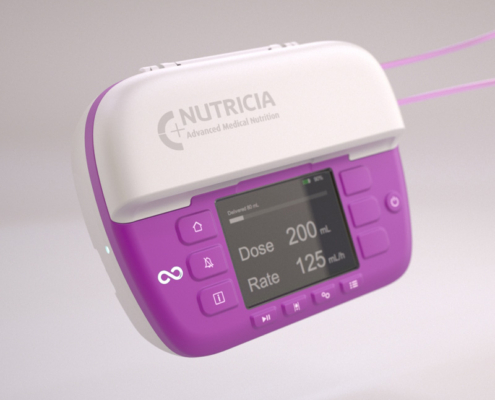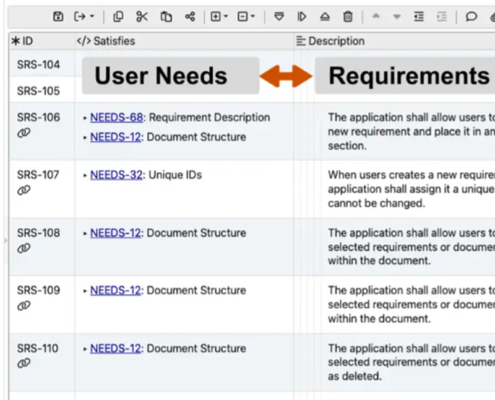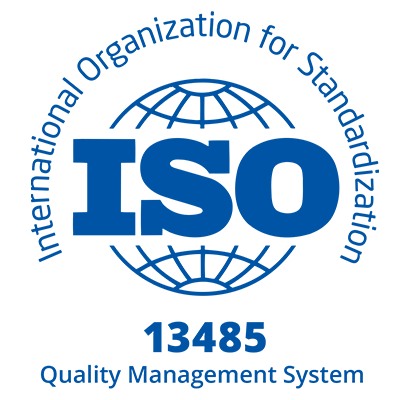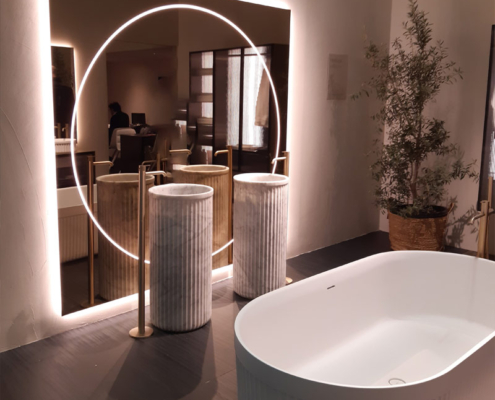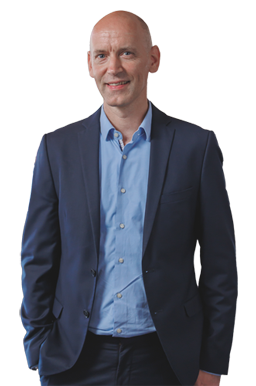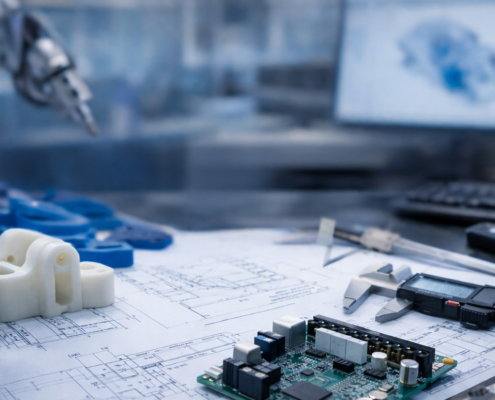 https://mmid-group.com/wp-content/uploads/cost-control-product-development.jpg
1024
1024
Marco Fugalli
https://mmid-group.com/wp-content/uploads/mmid-logo.png
Marco Fugalli2026-02-06 12:07:372026-02-06 12:07:39Cost reduction in product development
https://mmid-group.com/wp-content/uploads/cost-control-product-development.jpg
1024
1024
Marco Fugalli
https://mmid-group.com/wp-content/uploads/mmid-logo.png
Marco Fugalli2026-02-06 12:07:372026-02-06 12:07:39Cost reduction in product developmentIntroduction
Life Cycle Assessment (LCA) is more than just a metric in the world of product development; it’s a philosophy. LCA helps us understand the environmental impact of a product, from its creation to its disposal. It considers multiple factors, such as resource use, energy consumption, and transportation. Our work with Lesseau demonstrates how applying LCA can guide us in making smarter and more sustainable choices.
The Lesseau Challenge
When we worked on the Lesseau project, we faced the task of challenging proofing the eco-friendlieness of the product and its usage. The LCA helped to identify that, plastics, which have a long use-phase, the environmental impact seems smaller. On the other hand, soap ingredients are used up quickly and need to be replenished, presenting a different environmental challenge. LCA allowed us to dissect these complexities into manageable parts, helping us focus on the areas where we could make the most difference in improving the impact of the product and its usage.
Implementation and Tools
We collaborate with external partners and use databases like Ecovent for our LCA assessments. These numbers serve as the foundation of our environmental decisions. They inform us whether we’re on the right path and where we have the most impact to creating a positive environmental impact. For instance, in the Lesseau project, we got insights which helped to focus on a specific ingredient in the soap, thereby lessening its environmental footprint.
LCA as a Key Tool at MMID
LCA is an integral part of our design process, providing valuable insights for each step of the project. It’s not the tool itself that brings advantages; it’s how we use it to guide our design decisions that matter. This approach enables us to look into possible improvements or alternatives, contributing toa more environmentally balanced product.
Value to Clients
Using LCA means that we base our designs on solid data, making it able to make decisions based on the right arguments. This helps clients achieve their sustainability goals without compromising the product. The aim here is to develop products that meet both environmental standards and market demands.
Striking the Right Balance
In design, it is always about finding the right balance on all aspects; functionality, design, producibility and sustainability to make it viable for the market. Our objective is to find the balance. We seek to deliver a product that is both beneficial to the planet and meet all requirements.
No-Touch Soap Dispenser
Travel Bar Soap Dispenser
Conclusion
In sum, LCA is not just a tool but a guiding principle at MMID. Integrated into our product development process through our LCA-driven approach, it informs our long-term sustainability goals and client collaborations. It assists us in continually improving our products, ensuring that they offer enduring advantages while fulfilling our commitment to sustainability.

